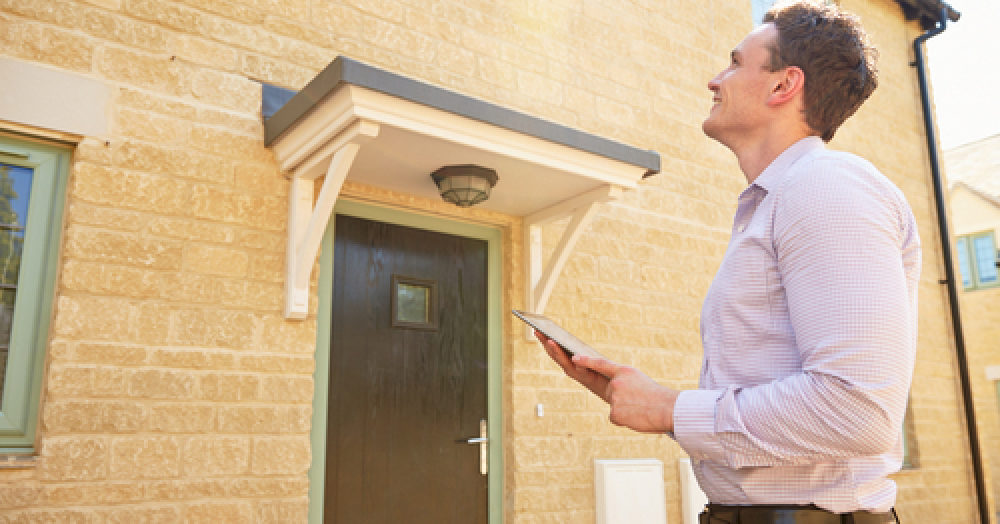Selling a house in the UK generally involves instructing an estate agent to act on your behalf. The first thing that will happen when you make the call is a member of their team will come and visit to value your house. You do not have to accept the v

What an Estate Agent Is Looking for When Valuing a Property
Selling a house in the UK generally involves instructing an estate agent to act on your behalf. The first thing that will happen when you make the call is a member of their team will come and visit to value your house. You do not have to accept the valuation, and many people work based on inviting three local agents to offer their opinions before deciding who to engage. It helps to understand what the estate agents are looking for when valuing a property.
Market Forces
First of all, they will be fully aware of the current housing market and economic climate. These factors are not something you can influence, but in times of recession property prices fall, and conversely can soar when the country is considered stable again. You will have to accept market forces or wait for a change in economic climate before selling.
The Property
Assuming we accept market forces are unchangeable, the valuation then focuses on the property, and this comprises many factors that combine to arrive at the final valuation figure.
Flexibility and Layout
First of all, an agent will look at the space and flexibility the house can offer; how many bedrooms it has, and whether there is any potential for more. Box rooms can sometimes be considered only suitable as an office; it comes down to offering the new owner flexibility. If you have a lot of bedrooms, the agent will consider whether there is enough bathroom provision. New builds seem to recognise how important this is and include downstairs cloakrooms, an ensuite in the master bedroom and a family bathroom. Sadly sometimes, older builds will only have a single bathroom, and it might even be downstairs, which can lead to a lower valuation.
Modernising and Extension Possibilities
A property that is well decorated, with a clean and tidy look will be valued at more than a house with stained carpets, holes in the ceiling or tatty wallpaper and peeling paint. But the valuation looks deeper. The potential for expansion will be considered - is there space to add a conservatory or an extension? Planning permission that was rejected in the past, homes that have already used all permissions and listed buildings can all lower the value. Listed buildings are tied to strict rules and regulations and can be expensive to make changes or modernise. The agent will also measure each room, not only to offer information on sizes but to get a feel for the overall square footage of the home.
Outside the Home
The immediate area outside the property will be considered. Is this a well-maintained area, or does it look like it’s been neglected? Is there a main road, does this have traffic calming measures, is it under a flight path or backing onto a railway line? The agent will also consider transport links for commuting to work; you will often see phrases like ‘commuter belt’ and ‘easy access to the motorway’ on property details suggesting these are good homes for those needing to travel for work.
For more information, get in touch with us today!





Share this with
Email
Facebook
Messenger
Twitter
Pinterest
LinkedIn
Copy this link